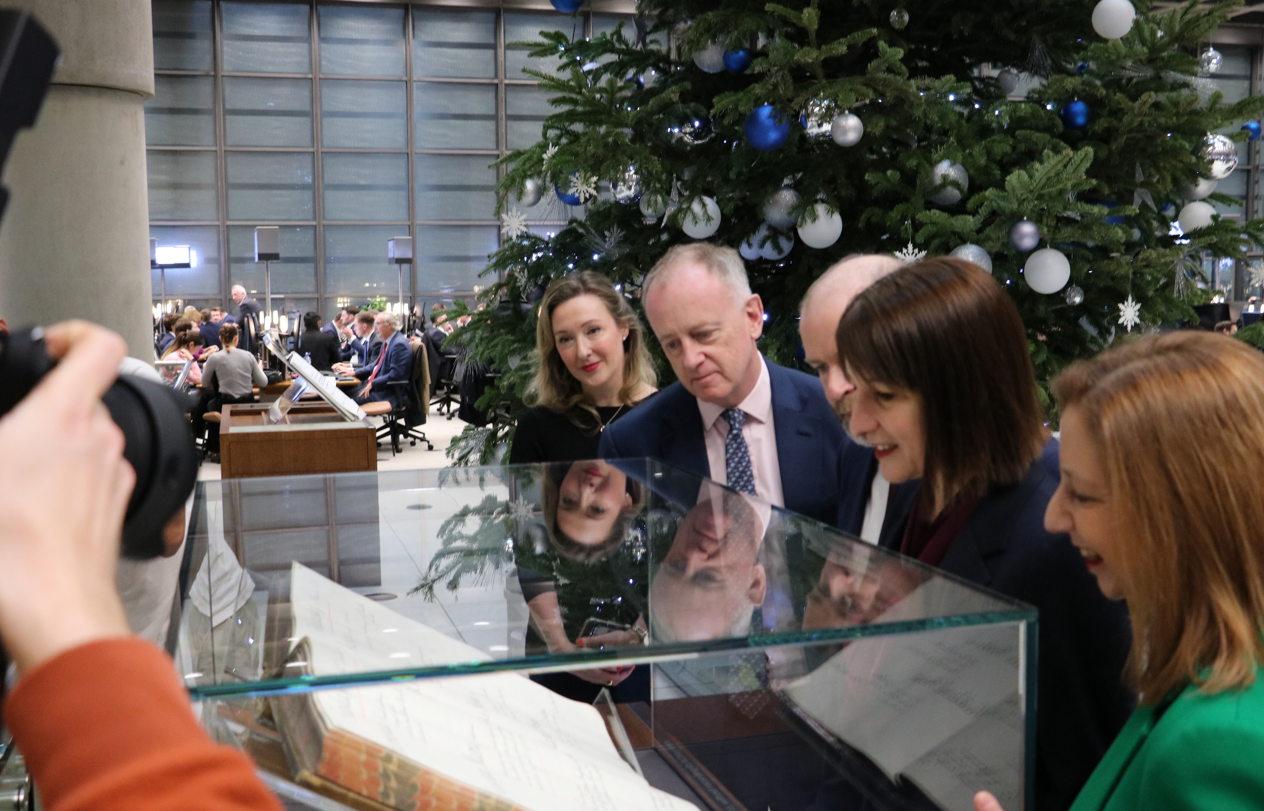At a time of great flux, the need for resilience, and an ability to adapt are the lifeblood of the loss adjusting profession – and the individuals that drive it forward. Dr Marc Sweeney writes
Our present, almost daily, experience is one of constant flux and change. Everyone is growing weary of hearing about these ‘unprecedented’ times, but when we consider everything the loss adjusting profession, insurance industry and society in general have been through, we can safely say the pace and complexity of change is greater than it ever has been. Change is now regular and ubiquitous.
We’re familiar with these challenges at the Chartered Institute of Loss Adjusters, as we hear from our members – thousands of claims professionals from across the country, about how they are dealing with these challenges every day – both personally and on behalf of claimants. Through this, we have seen that our members have become adept at managing change. It’s always been part and parcel of their day job, but they have continued to adapt, thrive and fulfil their obligations these past few years, regardless of what the world has thrown at them.
That listening was part of a strategic review we recently undertook, and one of the key pieces of feedback was the need for CILA to improve its ability to anticipate and respond to members’ needs, particularly as they are rapidly evolving. After all, equipping our members to be responsive, knowledgeable, empathetic and engaging professionals is what CILA is all about. But what are those needs and how can we fulfil them?
In many ways, for claims professionals, it is plus ça change – a claim is still made under a contract of insurance by a party that wants to be indemnified for a loss, a claim that must be investigated. So what’s new?
People expect loss adjusters to be accountable, responsible and empathetic towards them, particularly when they may be in a vulnerable or precarious position. A loss adjuster needs to be adept at investigating and managing a loss, but also at managing people, often in a highly stressful environment. That’s no easy task and building trust is a key skill for claims professionals to develop.
A loss adjuster may have several face-to-face meetings a day, covering the full spectrum of human emotion – from those who see the value of their support to those who may be stressed or even angry at the adjuster’s findings. Empathy and an ability to de-escalate situations is crucial.
On top of managing those stressful situations, the loss adjuster also needs to manage themselves. As a Chartered Work and Organisational Psychologist (as well as a Chartered Loss Adjuster), I know that psychological well-being is made up of several dimensions involving autonomy, mastery of one’s subject matter, positive interpersonal relationships, purpose in life and self-acceptance – a delicate balance that can be easily upset.
For loss adjusters, this balance needs to be maintained and managed, making personal resilience a highly valued skill, underpinning, as it does, the ability or capacity to withstand life’s pressures and to bounce back, rather than dwelling or ruminating on them.
Strong technical ability, empathy, psychological insight, resilience and an ability to think under pressure are all key skills for the professional loss adjuster. For one person to have all these attributes is rare – making the recruitment of people into the profession even more difficult. But they are crucial skills and the public needs and deserves the best. Delivering on that need and helping loss adjusters acquire and develop these skills is a key part of our role at CILA.
But we must recruit the people first and loss adjusting, in common with other professions, faces challenges in attracting new talent, particularly when there are so
many more, new career options available today.
To tackle that, perhaps we might start by changing the language we use. Loss adjusting is often referred to as a challenging role because it certainly can be, very often in fact. But most challenging situations, particularly in loss adjusting, offer an opportunity for reflection and growth that is hugely rewarding. When we are reaching out to the next generation of talent, we can better engage them by talking in terms of rewards rather than challenges; variety rather than technical requirements; and we could focus more on the human rather than the insurance issues we resolve every day.
For those whose energy is generated from seeking variety, loss adjusting provides that in abundance. When I joined loss adjusting over twenty-five years ago, I envied the specialisation, the deepening of expertise in a particular practice and being ‘in charge’ of one’s own portfolio of claims that I saw senior adjusters enjoy. Yes, there were hurdles along the way, such as becoming professionally qualified (ultimately it was hugely rewarding!) but achieving the professional qualification changes your view of the job and how you act in the world. Being qualified is not merely a destination, it’s about evolving as a person and a professional.
That process will look and feel different to each individual but collectively, as a profession, we have a huge amount of expertise, experience, and empathy, all of which we can share with each other for the benefit not just of ourselves, but in attracting talent too. Few careers are as attractive as a profession that has a strong community of practitioners.
How do we create that community? By sharing our struggles and our successes? By sharing what tools and practices we use to get through tough situations? So-called ‘war stories’ (which loss adjusters are great at telling) can be a very powerful method of learning and developing in our profession. Get that right, and we and prospective adjusters can see ourselves as we truly are – equal parts vulnerable, technically competent, and sometimes heroic – human, basically.
While loss adjusting might, on the face of it, not be an attractive profession for new talent and those switching careers, I suspect they might not be aware of just how intrinsically motivating the job can be. One of the key attractions to a career for new talent is the ability to think for themselves and operate under their own steam. The days of employees accepting constant monitoring and micro-management are long gone.
Loss adjusting offers that self-determination and need for self-motivation in spades. Self-Determination Theory tells us people are proactive with their potential, and have an inherent tendency for growth and development, but that this does not happen spontaneously. People need their environment to support them, such as leaders in the workplace, which must be a key consideration for any loss adjusting firm looking to recruit.
When leaders consider how to create the right conditions for their colleagues’ development, they need to think about the three core needs for competence:
• Designing their work so that they can be satisfied by it
• Autonomy, whereby people can make their own decisions and exercise some control over their work
• And relatedness, meaning that we all have a need for belonging and meaningful relationships.
Loss adjusting measures up well, I believe, in meeting these needs and creating and maintaining workplaces where professionalism is required and can be acquired. Operating within certain legal and regulatory frameworks and balancing the competing demands of our personal and professional lives, can be managed well in a career as a loss adjuster.
We loss adjusters can often live a solitary working life and sometimes all the focus is outward, at the end-customer, with little attention left for us. At Davies, where I am a director, we work hard at being an open, trusting and welcoming workplace, and we’d like to do even more. By engaging more with our peers, and even competitors, we can show prospective new talent that the loss adjusting profession is not only a rewarding career choice, but also an exciting one.
Printed Copy:
Would you also like to receive CIR Magazine in print?
Data Use:
We will also send you our free daily email newsletters and other relevant communications, which you can opt out of at any time. Thank you.











YOU MIGHT ALSO LIKE